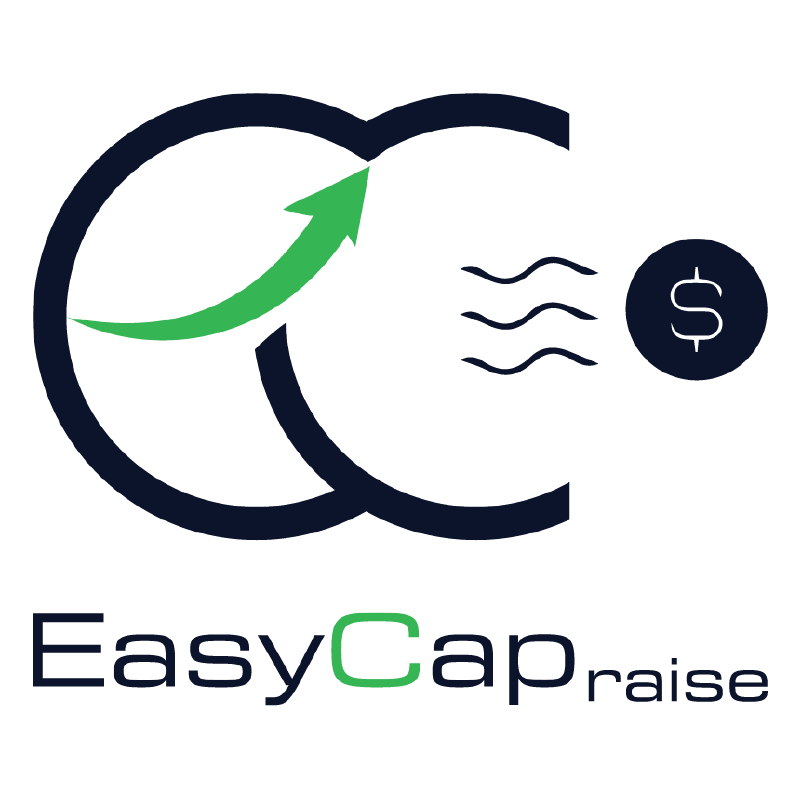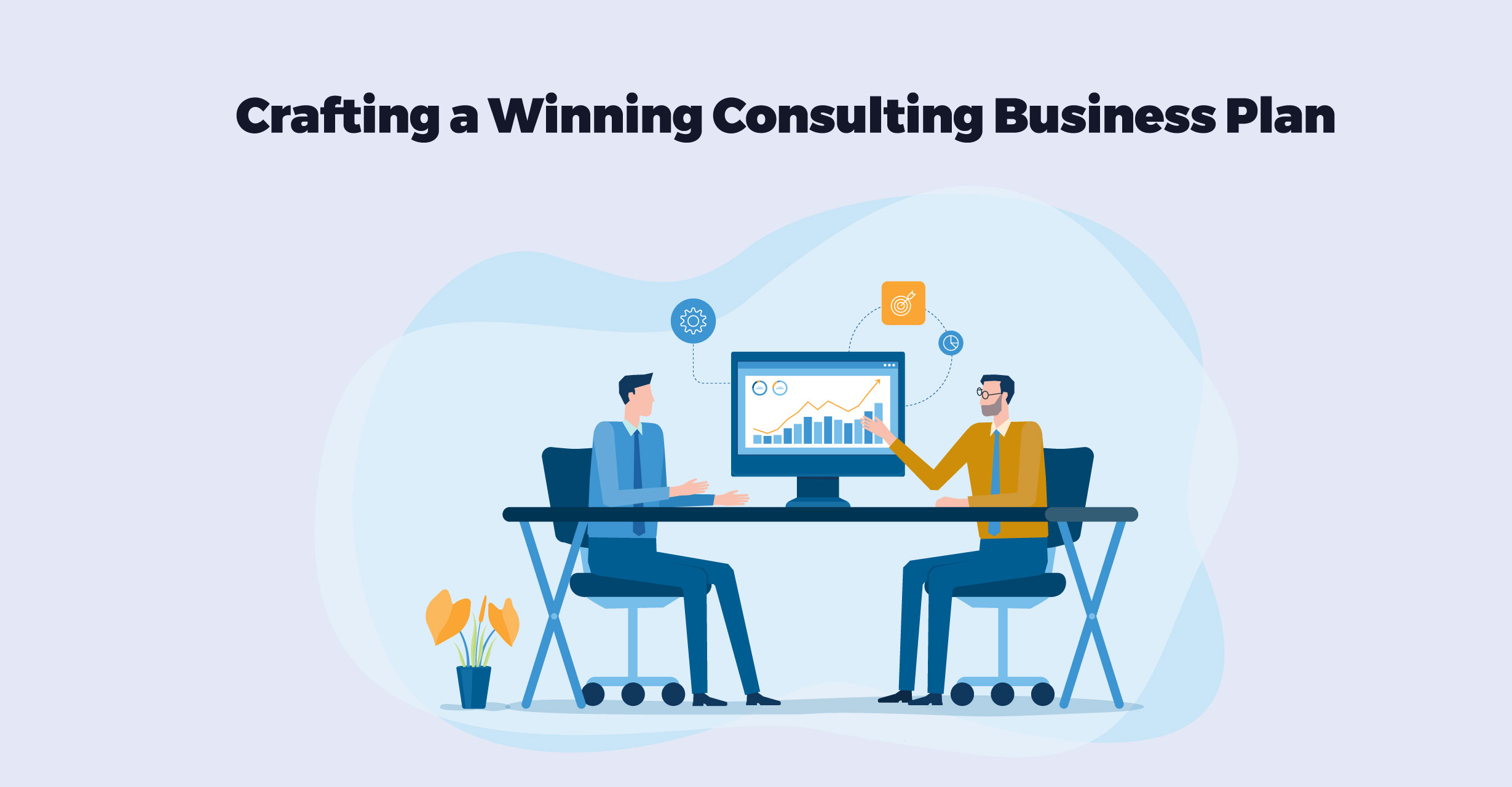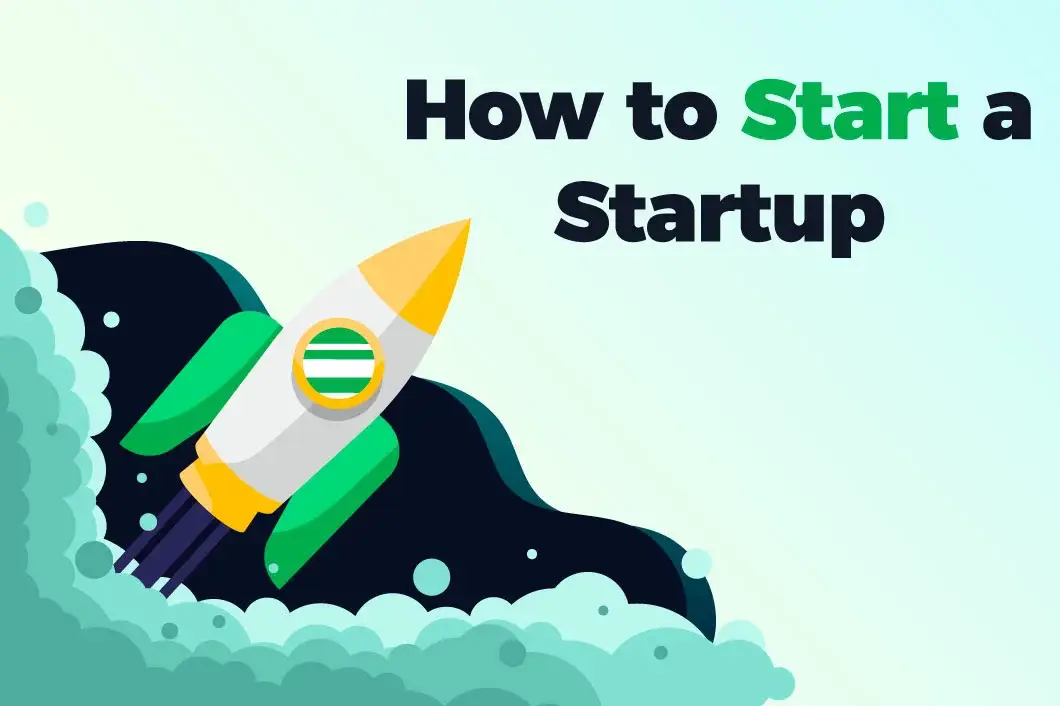Crafting a Winning Consulting Business Plan in 2024
[read_meter]
In the dynamic world of business, consulting has emerged as a highly sought-after profession. Whether you’re a seasoned consultant or just starting your journey in the consulting realm, having a well-crafted business plan is essential for success. This comprehensive guide will take you through the process of crafting a winning consulting business plan that will set you on the path to prosperity.
Understanding the Consulting Landscape
Consultants play a pivotal role in helping businesses solve complex problems, make informed decisions, and improve overall performance. Understanding the significance of your role is the first step in crafting a successful business plan.
Stay updated with the latest market trends and demand for consulting services. Analyze how the consulting industry is evolving to tailor your services accordingly.
Defining Your Consulting Niche

Identifying Your Expertise: Identify your strengths and areas of expertise. What skills do you possess that can benefit your clients? Defining your niche is crucial for targeting the right audience.
Target Audience Analysis: Understand your potential clients’ needs, pain points, and preferences. Conduct thorough research to create buyer personas that will guide your marketing efforts.
Market Research and Analysis
Competitor Analysis: Study your competition to identify gaps in the market. Knowing your competitors’ strengths and weaknesses can help you position your services effectively.
SWOT Analysis: Conduct a SWOT analysis to assess your business’s strengths, weaknesses, opportunities, and threats. This analysis will be instrumental in shaping your business strategy.
Setting Clear Goals and Objectives: Establish clear and achievable goals for your consulting business. These goals will serve as a roadmap for your journey and help you measure your progress.
Creating a Unique Value Proposition
What Sets You Apart? Determine what makes your consulting services unique. Highlight your strengths, experiences, and innovative approaches that set you apart from competitors.
Elevator Pitch: Craft a compelling elevator pitch that succinctly explains what you do and why clients should choose you. An effective pitch can make a lasting impression.
Pricing Your Consulting Services
Fee Structures: Decide on your fee structure. Will you charge hourly, project-based, or retainer fees? Ensure your pricing is competitive and reflects the value you provide.
Value-Based Pricing: Consider value-based pricing, where your fees are aligned with the tangible results and benefits your clients receive.
Marketing and Branding Strategies
Building an Online Presence: Create a strong online presence through a professional website and active social media profiles. Content marketing and SEO can help you reach a wider audience.
Networking and Referrals: Leverage your professional network for referrals and partnerships. Building relationships can be a powerful marketing strategy.
Operational and Financial Planning
Budgeting and Expenses: Create a detailed budget for your consulting business, considering both startup and ongoing expenses. Financial planning is crucial for sustainability.
Legal Considerations: Understand the legal requirements for your consulting business, such as business licenses, contracts, and insurance.
Team Building and Talent Acquisition
Identifying Key Roles: Determine the key roles needed in your consulting team. Hiring the right talent is essential for delivering exceptional services.
Recruitment Strategies: Develop effective recruitment strategies to attract top talent. Consider both full-time employees and freelancers based on your business needs.
Client Acquisition and Retention
Lead Generation: Implement lead-generation strategies to attract potential clients. This may include content marketing, email campaigns, or attending industry events.
Client Relationship Management: Build strong relationships with clients by providing exceptional service. Happy clients are more likely to refer you to others.
Project Management and Delivery
Effective Project Planning: Plan projects meticulously to ensure smooth execution. Clear project scopes, timelines, and deliverables are essential for client satisfaction.
Quality Assurance: Maintain high-quality standards in your consulting services. Consistently delivering results will build your reputation.
Measuring Success
Define key performance indicators (KPIs) to measure your business’s success. Regularly assess your progress and adjust your strategies accordingly.
Stay open to feedback and continuously improve your services. Adapting to client needs will lead to long-term success.
Adapting to Market Changes
Be flexible in your business strategy to adapt to changing market conditions. Embrace innovation and stay ahead of the curve.
Explore opportunities for growth and innovation in your consulting services. Stagnation can hinder your long-term success.
FAQs
How long does it take to create a consulting business plan?
Creating a consulting business plan can vary in time, but it typically takes a few weeks to a couple of months, depending on the complexity of your services and the research required.
Should I hire employees or work as a solo consultant?
The decision to hire employees or work solo depends on your business goals and workload. Consider your capacity and client demand when making this decision.
What is the importance of a unique value proposition in consulting?
A unique value proposition distinguishes you from competitors and helps potential clients understand why they should choose your services over others.
How can I measure the success of my consulting business?
Key performance indicators (KPIs) such as client satisfaction, revenue growth, and client retention rates are excellent metrics to measure your consulting business’s success.
What should I do if I encounter a downturn in the consulting market?
During market downturns, focus on diversifying your services, exploring new niches, and enhancing your skills to remain competitive and resilient.
Conclusion
Crafting a winning consulting business plan is a strategic process that sets the foundation for your success. By following these steps and staying committed to excellence, you can build a thriving consulting practice that attracts clients and delivers exceptional results.
Contact us
Good to have you here! If you have any queries, please leave your message. Our team will reach out soon:)
.








